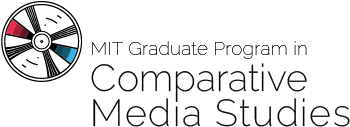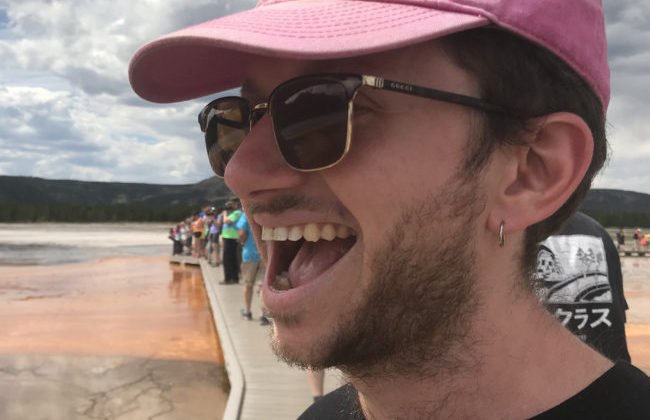The beginning of the COVID-19 pandemic in March 2020 was marked by widespread improvisatory practice, be those teachers and students improvising to accommodate online learning or individuals improvising safety tactics to avoid catching the virus. Within mere weeks of the pandemic rendering in-person concerts untenable, music communities adopted livestreaming on Twitch as an alternate mode of throwing events. This thesis studies a time of mass improvisation by examining how communities built around improvised music — which themselves are often supported by improvisatory DIY event organizing practices — adapted from in-person livestreamed events. Focusing on a period ranging roughly from the beginning of the COVID-19 lockdowns to the advent of the racial justice uprisings following George Floyd’s murder by the hands of police, this study shows how musicians, organizers, and audiences congregating in jazz, experimental music, and DJ scenes created a widespread, dispersed livestreaming infrastructure that became, at once, an artistic outlet, a community gathering place, and a formidable fundraising mechanism. Such infrastructure was synthesized from three unique components: extent technology and livestreaming practices, social formations that spring from improvised music and improvisatory DIY organizing, and community bonds that were unique to these music scenes.
About Michael Sugarman
Mike Sugarman is a writer, musician, and organizer in underground music interested in the technologic and interpersonal means that communities use to build and maintain themselves. He graduated from Columbia University with a degree in Film Studies and has spent the time since enmeshed in experimental and dance music scenes in New York and Chicago, fascinated by their ad hoc infrastructure and working to bolster community within them by way of running publications, booking shows, and exploring means for musicians and partiers alike to act as crucial members of both their music community and broader urban or social communities.
Spurred by the tragic Ghost Ship fire in Oakland in 2016, Mike started the Groove Café project in Chicago to develop and disseminate safety protocols for DIY events. The project quickly expanded to build other resources that could support the structures and people participating in the wider underground, ranging from publishing mental health resources and releasing fundraiser albums on a digital record label to disseminating literature that could help music venues make their bathrooms accessible, pleasant spaces.
Mike hopes to further pursue community-strengthening media practices during his graduate research in CMS and work in the Center for Civic Media.
Thesis: Playing It By Ear: Improvised Music Livestreaming During COVID-19



